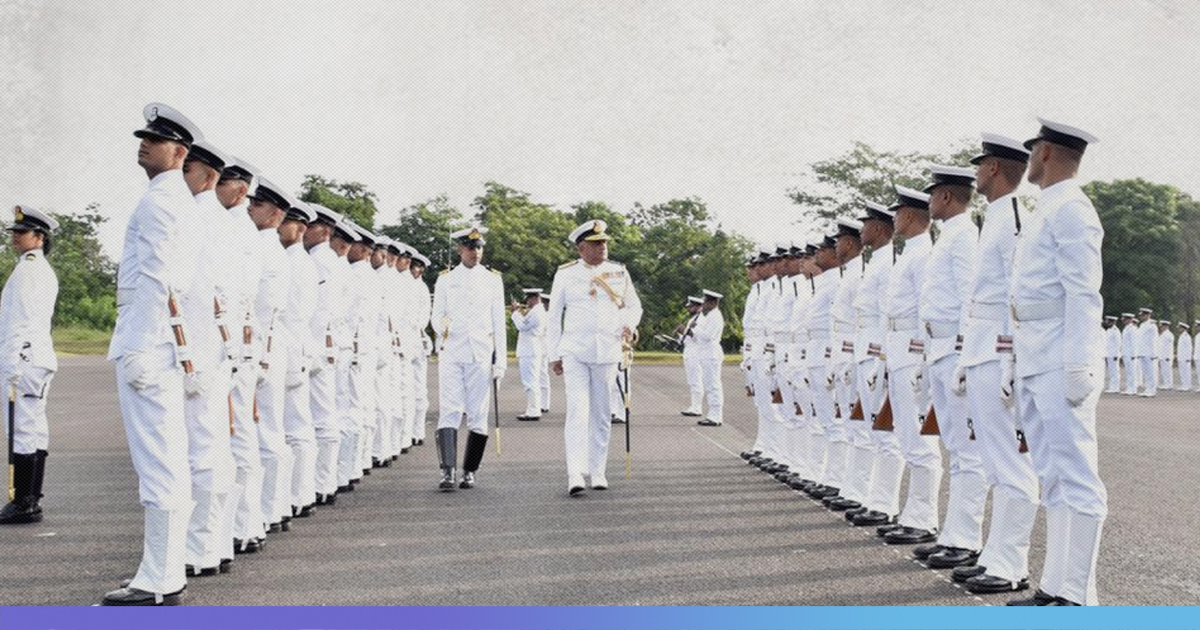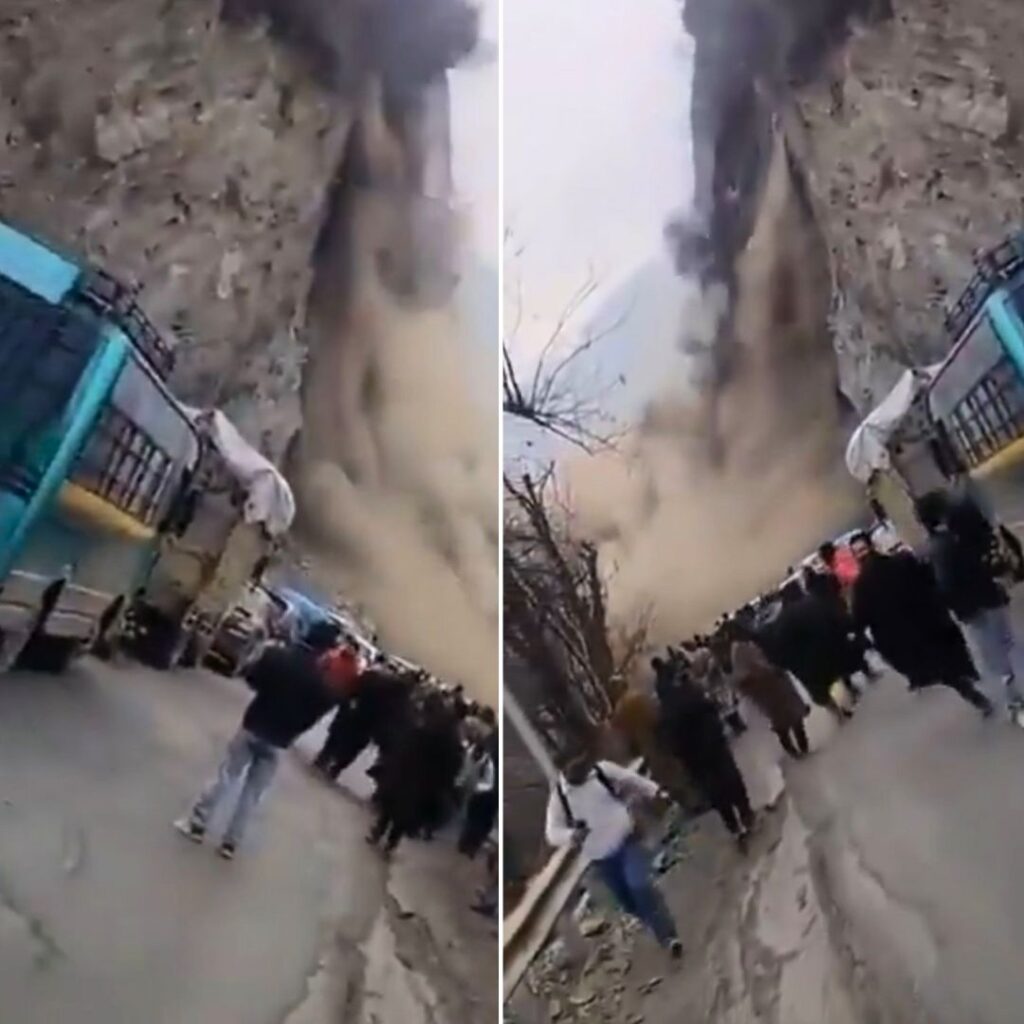Today marks the 48th anniversary of The Indian Navy Day that is celebrated on December 4 every year. The day in order to commemorate Indian Navy’s attack on Pakistan’s Karachi port during the 1971 Indo-Pak war.
The operation was named ‘Operation Trident’. The operation involved the use of anti-ship missiles for the first time by the Naval forces. The operation resulted in the death of 500 Pakistani Navy workforce, without a single casualty on the Indian side.
As a tribute to the Indian Navy’s stupendous work, The Logical Indian recalls the crucial operations carried out by them in the last four decades.
Operation Raahat
The Indian Armed Forces had taken the task of the evacuation of thousands of Indian and foreign nationals from the Yemeni soil during the Yemeni civil war in 2015. The Indian Naval ships Mumbai, Tarkash, and Sumitra successfully evacuated 3,074 people from Yemen, in which 1,783 were Indians and 1,291 were foreign nationals.
Operation Sukoon
The Navy launched this operation during the 2006 Israel-Lebanese war. The Navy deployed 4 naval vessels — INS Mumbai, INS Betwa, INS Shakti and INS Bhramaputra — and successfully evacuated 2280 persons. Sri Lankans, Nepalese, and Lebanese were also evacuated along with the Indians.
Operation Cactus
In 1988, when People’s Liberation Organisation of Tamil Eelam (PLOTE) attempted a coup d’état against the Maldivian President Abdul Gayoom, the president reached out to India for help.
Prime Minister Rajiv Gandhi’s quickly responded by sending the Indian Armed Forces for Abdul Gayoom’s aide. The Navy’s two vessels — INS Godavari and INS Betwa along with the Navy’s Marine Commandos (MARCOS) came out victorious in preventing the militants attempt to sneak out of Maldives with hostages. The mission was successful without any casualties to the Indian side.
Operation Talwar
The Navy also made their contribution in the Kargil war of 1999 by deploying vessels from the Western Fleet and the Eastern Fleet in the Arabian sea. This acted as a deterrent for Pakistan’s oil import.
This prompted the Pakistan govt. to request the Indian govt. to call off the operation as the country ran short of oil supplies. The situation blew out of proportions for Pakistan as the then Prime Minister of Pakistan, Nawaz Sharif had, on record, said that his country was left with just six days of fuel to sustain itself if a full-fledged war had broken out.
Also Read: NRC Dehumanises Poor, Will Be Charitable Only To Non-Muslims: Former IAS Officers











